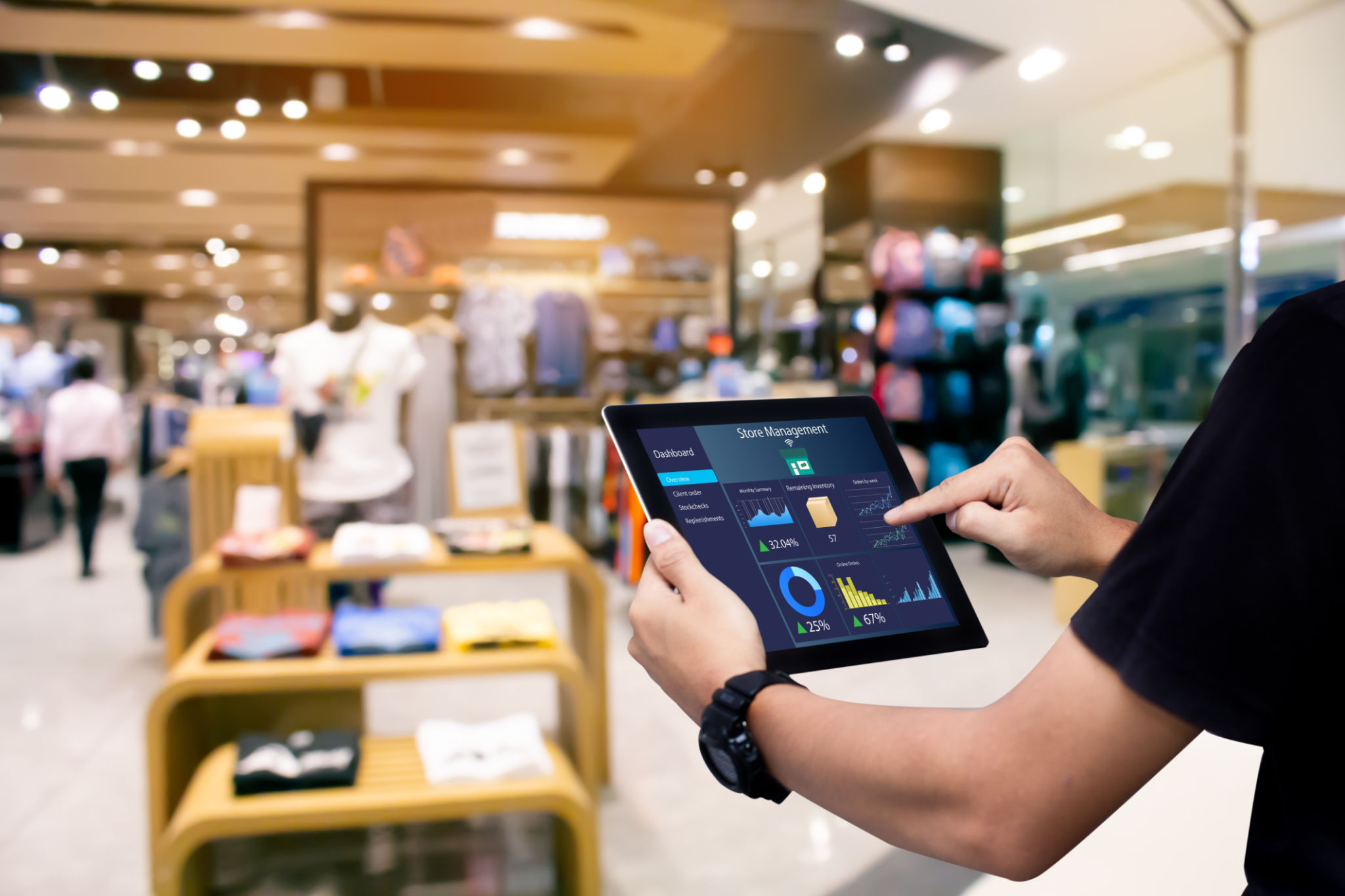Predictive Analytics in Retail: Transforming Forecasting with AI
Understanding Predictive Analytics in Retail
Predictive analytics is revolutionizing the retail industry by leveraging data and artificial intelligence (AI) to forecast trends, customer behaviors, and sales outcomes. This advanced technology employs statistical algorithms and machine learning techniques to analyze historical data, thus allowing retailers to make informed decisions. By adopting predictive analytics, businesses can significantly enhance their ability to anticipate customer needs and optimize their operations.
In the competitive landscape of retail, staying ahead of trends is crucial. Predictive analytics empowers retailers by offering insights that go beyond traditional methods. It provides a comprehensive view of market dynamics, helping businesses to align their strategies with consumer demands and preferences.

The Role of AI in Forecasting
AI plays a pivotal role in transforming forecasting within the retail sector. By processing vast amounts of data at unprecedented speeds, AI algorithms can identify patterns and correlations that may not be evident to human analysts. This capability enhances the accuracy of forecasts, enabling retailers to tailor their inventory, pricing, and marketing strategies more effectively.
Moreover, AI-driven predictive analytics can adapt to new data inputs in real-time, ensuring that forecasts remain relevant and up-to-date. This agility is particularly beneficial in coping with market fluctuations and sudden changes in consumer behavior. Retailers equipped with AI tools can respond swiftly, maintaining a competitive edge.

Benefits of Predictive Analytics for Retailers
Implementing predictive analytics offers numerous advantages for retailers:
- Enhanced Inventory Management: By accurately predicting demand, retailers can maintain optimal stock levels, reducing both overstock and stockouts.
- Improved Customer Experience: Predictive insights allow for personalized marketing campaigns, fostering stronger customer relationships.
- Optimized Pricing Strategies: Retailers can adjust prices dynamically based on predicted demand and competition analysis.
Additionally, predictive analytics helps in identifying potential risks and opportunities, enabling proactive measures to mitigate challenges or capitalize on emerging trends. This strategic foresight is invaluable for long-term growth and sustainability.

Challenges in Implementing Predictive Analytics
Despite its benefits, implementing predictive analytics in retail is not without challenges. One significant hurdle is data quality. For accurate predictions, businesses need access to clean, comprehensive datasets. Incomplete or inaccurate data can lead to misleading insights, undermining decision-making processes.
Furthermore, integrating predictive analytics into existing systems requires substantial investment in technology and expertise. Retailers must be prepared to train their workforce and possibly restructure operations to accommodate these advanced tools.
The Future of Retail with Predictive Analytics
The future of retail is intrinsically linked to the evolution of predictive analytics. As AI technologies continue to advance, the potential for more sophisticated forecasting models grows. Retailers that embrace these innovations will be better positioned to navigate the complexities of consumer markets.
Ultimately, predictive analytics represents a transformative opportunity for the retail industry. By harnessing the power of AI, retailers can not only enhance their operational efficiency but also deliver greater value to their customers. As this technology becomes more accessible, it will undoubtedly become a cornerstone of successful retail strategies.

